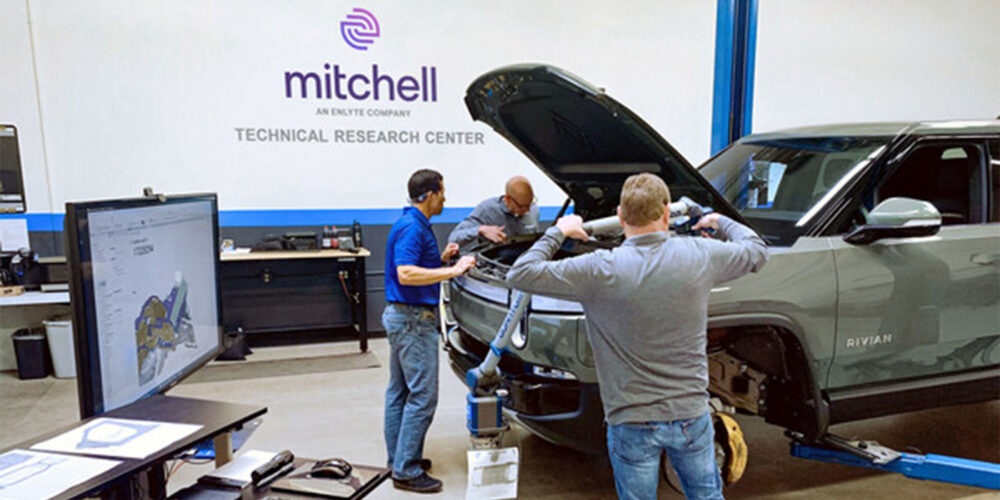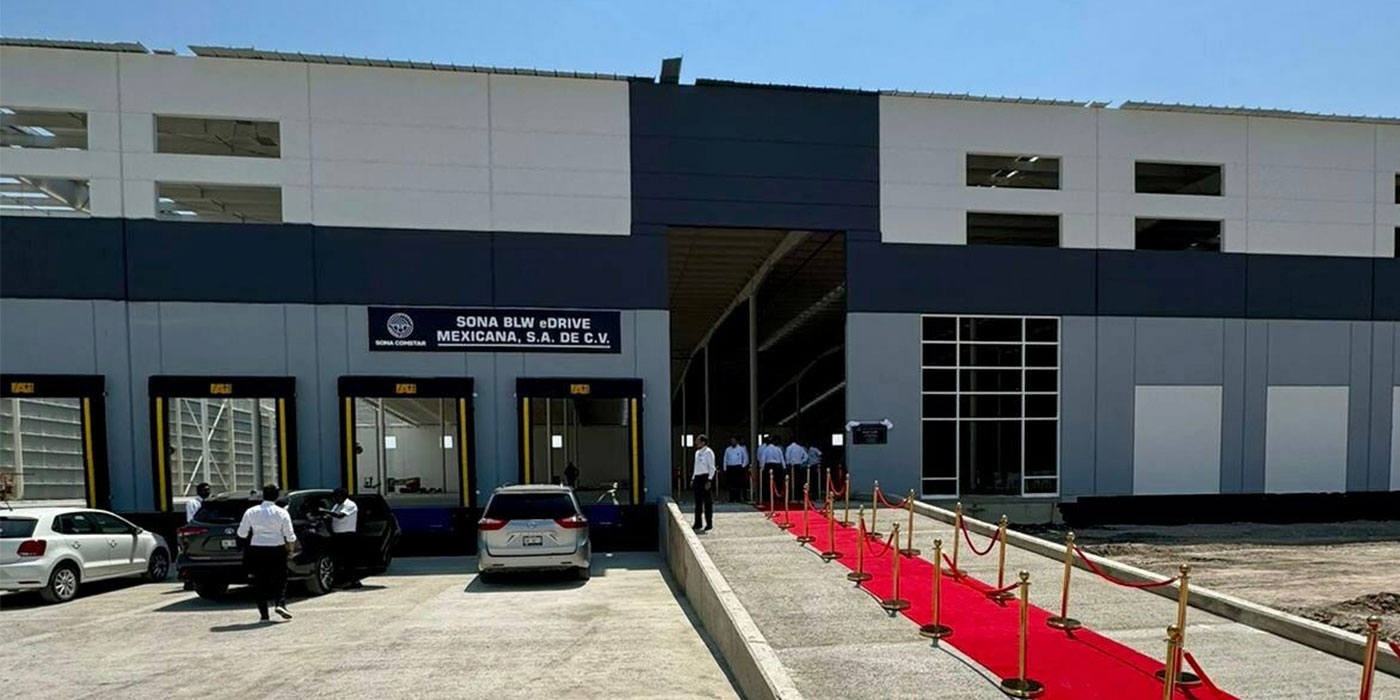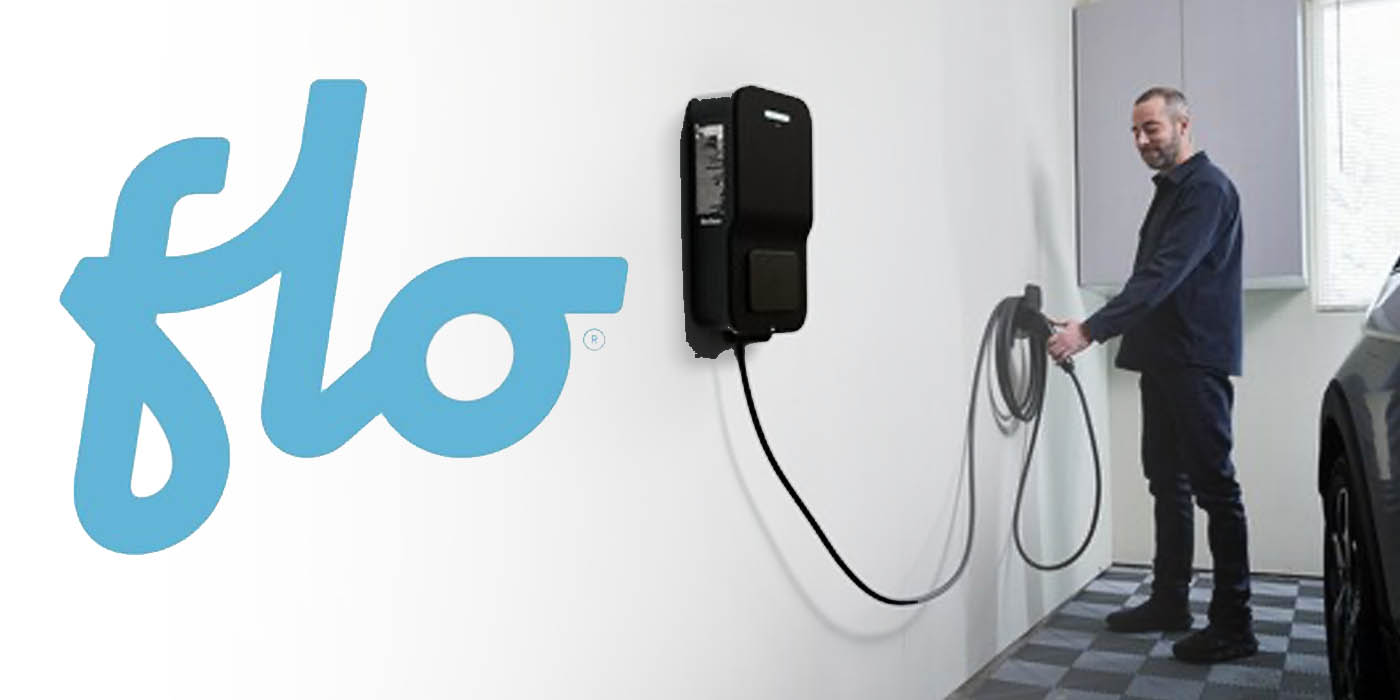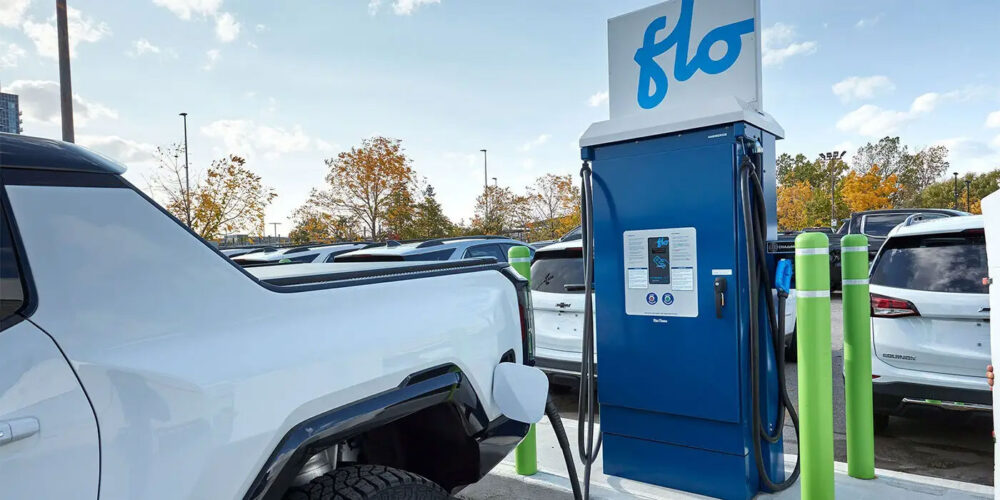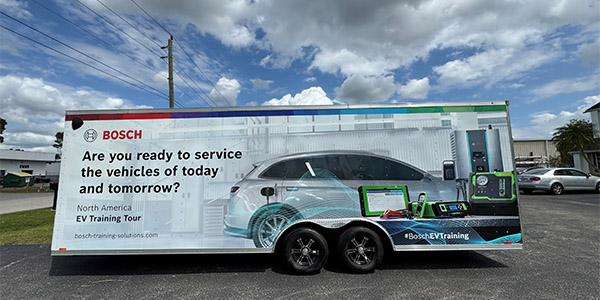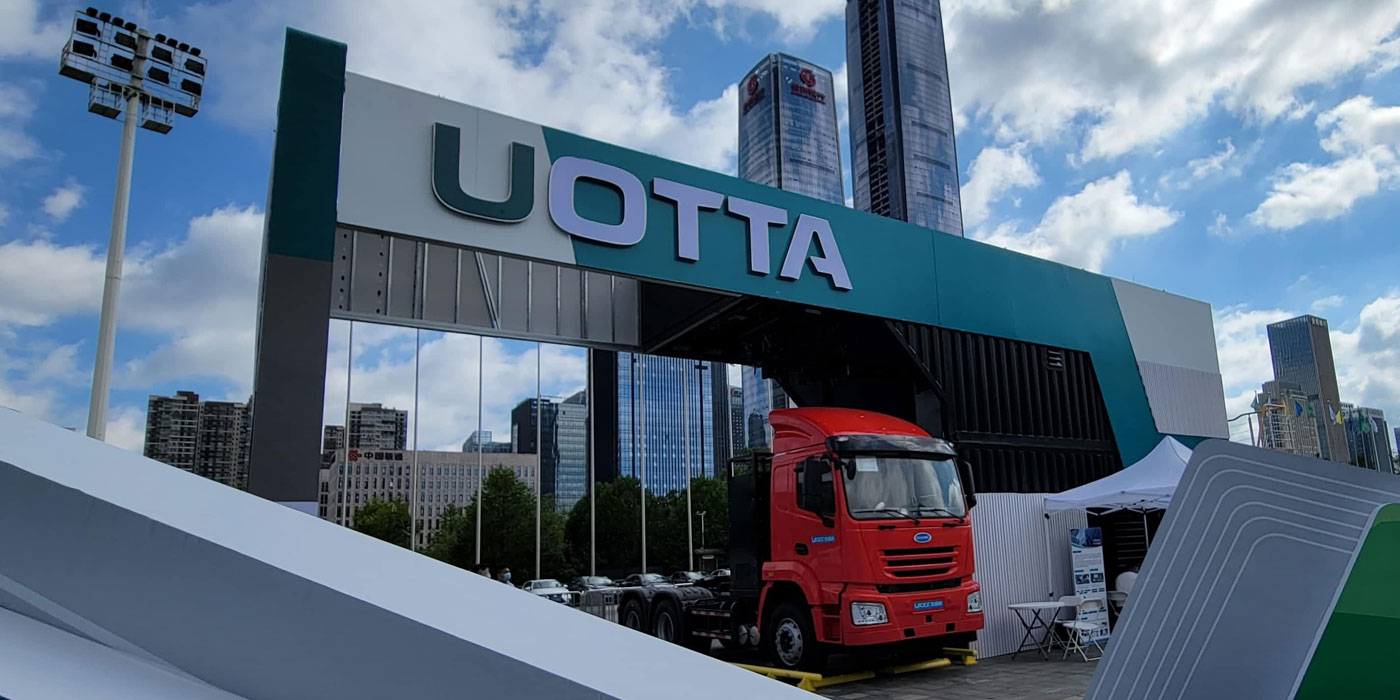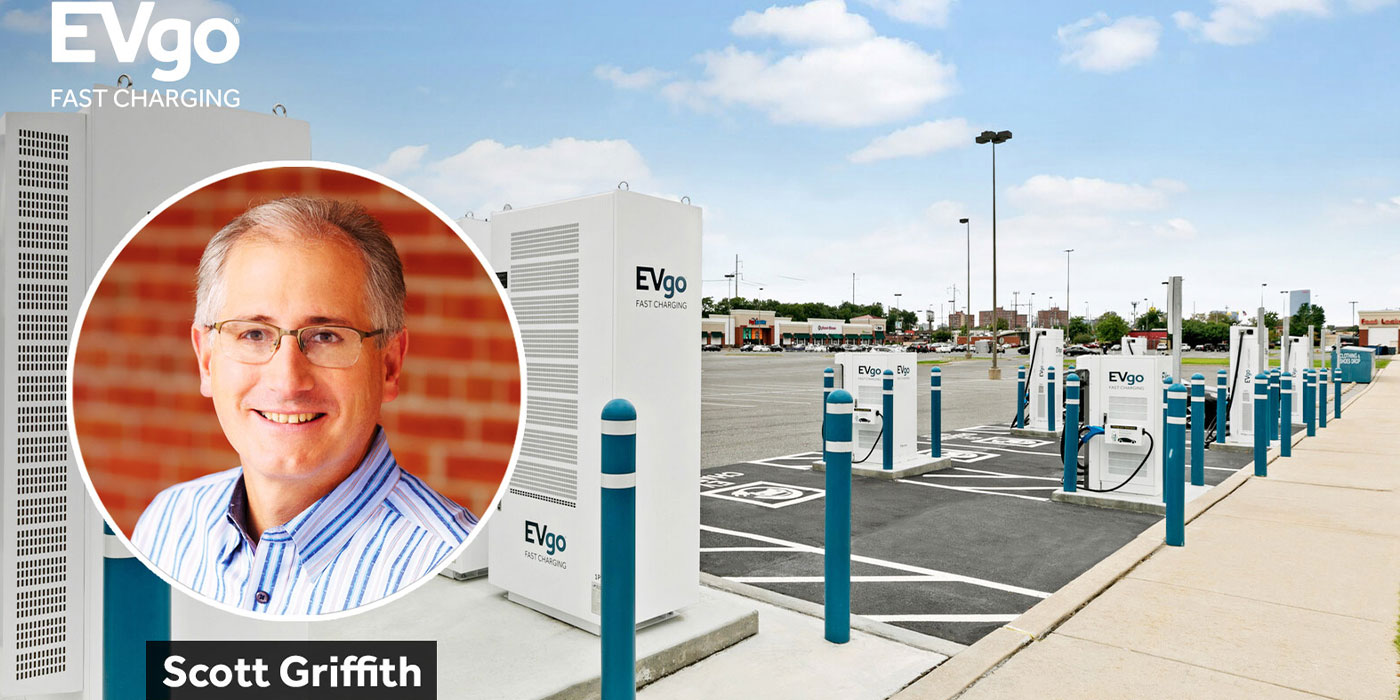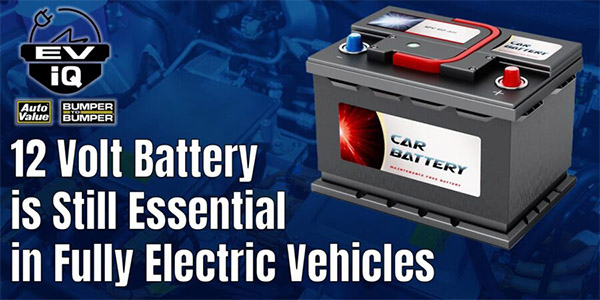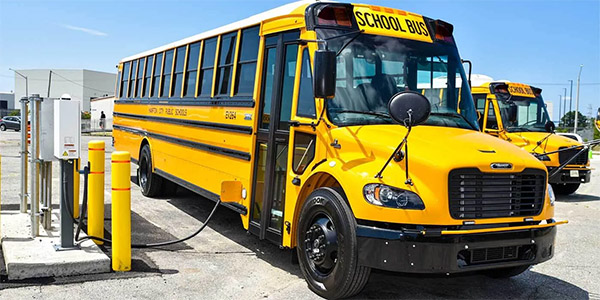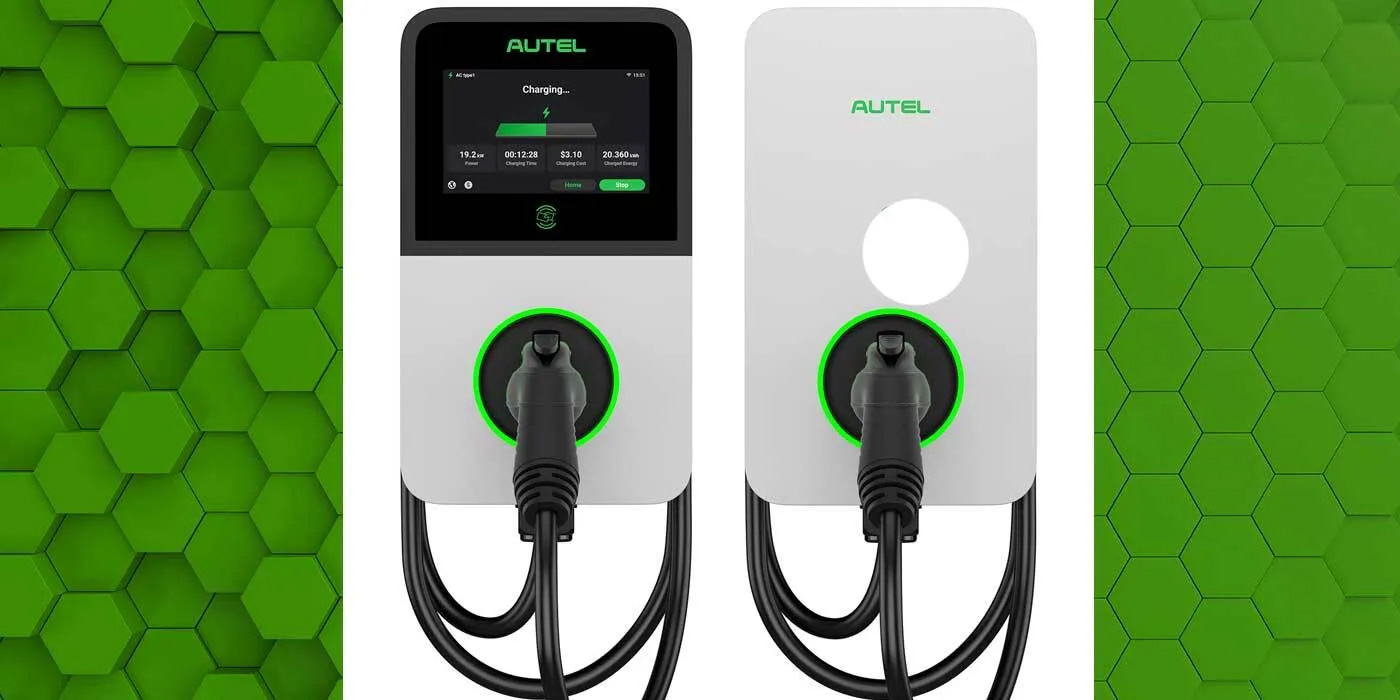Mitchell, an Enlyte company, has announced that it has signed a data licensing agreement with electric vehicle (EV) manufacturer Rivian. This will allow auto insurers and collision repairers using Mitchell Cloud Estimating and Mitchell Cloud Estimating TruckMax to write damage appraisals and access repair procedures for the OEM’s full line-up of passenger and commercial vehicles: the R1T, R1S and Electric Delivery Van (EDV).
Rivian, which delivered its first electric vehicles in 2021, has ramped production throughout 2022 onwards. As of Q1 2023, Rivian has manufactured more than 34,000 passenger and commercial vehicles and looks to significantly increase production again through the remainder of the year. These vehicles will be delivered to the US, Canada and Europe.
“Rivian is committed to supporting our passionate, adventurous owners and customers throughout the vehicle lifecycle. Unfortunately, this may occasionally include a collision event,” said Rivian’s Brandon Chittenden, manager, collision data and industry relations. “We are eager to make Rivian’s data available in Mitchell’s collision estimating database. This is a crucial step in helping insurance carriers and repairers restore our vehicles to pre-accident integrity and get our customers back on their adventures quickly.”
This announcement comes as EVs rapidly gain market share on their internal combustion engine (ICE) counterparts. While total new vehicle sales fell 8% in 2022, EV sales grew 65% and topped 800,000 units for the first time ever, according to Kelley Blue Book. In the US, 5.8% of new cars purchased were EVs, surpassing the 5% tipping point that many in the industry feel is the threshold for the start of mass adoption. In Canada, EV sales grew by more than a third in the first six months of 2022, although overall sales growth is lower than in other regions of the world.
“Increasing EV adoption rates have reinforced the need for accurate data on the latest vehicles along with a technology platform built for battery electric vehicles (BEVs) and their unique design differences,” said Debbie Day, executive vice president and general manager of Mitchell’s auto physical damage division. “Mitchell is meeting this need through expanded EV coverage and enhancements to our cloud-based estimating platform, which are designed to better support accurate and efficient BEV damage appraisals.”
Among the patent-pending enhancements to Mitchell Cloud Estimating are features that directly address the design and construction differences between EVs and ICE-powered automobiles. This includes the addition of a BEV-specific data structure, which dynamically updates the user interface—displaying only information relevant to BEVs once the Vehicle Identification Number (VIN) is decoded. With new part categories and data organization, insurers and repairers can easily locate the BEV information they need to complete the collision-damage appraisal, says the company. Additionally, Mitchell has established industry-standard definitions for EV battery capacity and motor size, which appear on the vehicle selection screen and under the vehicle description detail on the printed estimate.
The updates to Mitchell Cloud Estimating were made available to U.S. and Canadian customers in fall 2022 and the first Rivian-authored vehicle data will appear in 2023 in Mitchell TechAdvisor and Mitchell’s estimating solutions.
In total, Mitchell has authored data for 168 mild hybrid, hybrid, plug-in hybrid and battery electric vehicles, which represents 3,500 unique configurations.
For more information about Mitchell’s expanded support for EVs, visit the company’s website.

